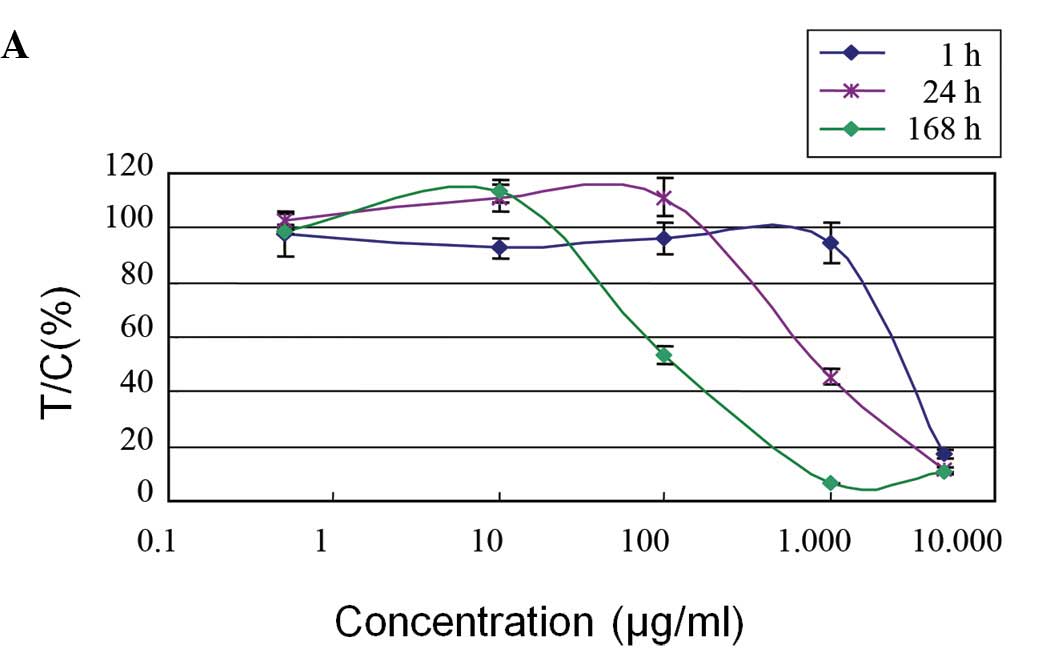Spandidos Publications style
Tanioka M, Utani A, Araki E, Fujii H, Kore-Eda S, Tachibana T, Takano T, Kobayashi H, Nakajima H, Miyachi Y, Miyachi Y, et al: Evaluation of the chemosensitivity of primary cultured malignant melanoma cells using the collagen gel droplet-embedded culture drug sensitivity test
. Exp Ther Med 1: 65-68, 2010.
APA
Tanioka, M., Utani, A., Araki, E., Fujii, H., Kore-Eda, S., Tachibana, T. ... Miyachi, Y. (2010). Evaluation of the chemosensitivity of primary cultured malignant melanoma cells using the collagen gel droplet-embedded culture drug sensitivity test
. Experimental and Therapeutic Medicine, 1, 65-68. https://doi.org/10.3892/etm_00000011
MLA
Tanioka, M., Utani, A., Araki, E., Fujii, H., Kore-Eda, S., Tachibana, T., Takano, T., Kobayashi, H., Nakajima, H., Miyachi, Y."Evaluation of the chemosensitivity of primary cultured malignant melanoma cells using the collagen gel droplet-embedded culture drug sensitivity test
". Experimental and Therapeutic Medicine 1.1 (2010): 65-68.
Chicago
Tanioka, M., Utani, A., Araki, E., Fujii, H., Kore-Eda, S., Tachibana, T., Takano, T., Kobayashi, H., Nakajima, H., Miyachi, Y."Evaluation of the chemosensitivity of primary cultured malignant melanoma cells using the collagen gel droplet-embedded culture drug sensitivity test
". Experimental and Therapeutic Medicine 1, no. 1 (2010): 65-68. https://doi.org/10.3892/etm_00000011















